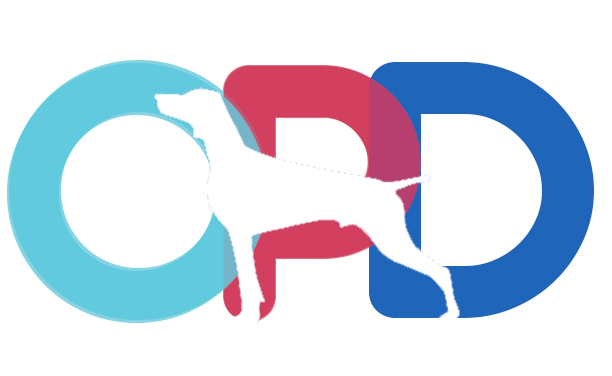by Tommy Box
(Midland, TX, USA)
We have recently noticed our dog, Nute, scooting his butt along the carpet as if his rear end is itching or something. He also has periodic seizures. More on these in a moment, first, here’s a little more about Nute…
Age: 3 years
Gender: Male
Breed: Shih Tzu
Nute seems to be on the skinny side and does not put on weight. He has a sensitive stomach and we have to feed him Nutro chicken flavored food dog food, otherwise he gets sick with diarrhea for a few days. As long as we feed him nutro dog food, he does not get sick.
As treats, we give him “Itty Bitty Bones” that is an all natural treat baked with natural peanut butter. We also give him “bacon flavored jerky strips” . Sometimes we give him “milk bone” for a treat.
He is a house pet (housebroken) and we keep him locked up in his kennel at night. He is free to roam the house during the day. He is taken out to use the bathroom 2 to 3 times per day, and he is not neutered.
We have to treat him continuously for fleas and ticks which he picks up when going outside to potty. We use seven dust to powder him to keep the ticks and fleas down.
We just recently gave him liquid wormer. It is called liquid wormer, RFD pyrantel pamoate for puppies and dogs, by Pfizer.
He is up to date on all his required shots, and he was recently taken to a local vet for an ulcer in his right eye that the vet said that looked like a cat might have scratched his eye. The vet prescribed eye drops and eye antibiotic which seem to have cured his eye problem.
Nute also has seizures. So far I have noticed him have a seizure about once per month and it is usually brought on by excitement. The seizures only last for a few seconds, then he gets up and sleeps for a while.
Question # 1: We have recently noticed Nute scooting his butt along the carpet as if his rear end is itching or something. He gets into the sitting position and pulls himself along the carpet with his front legs in the sitting position. I have seen this type activity in dogs before but don’t know what causes it. Can you tell me what to do to cure this problem?
Question # 2: What can we give Nute to prevent or slowdown his seizures? We cannot afford expensive vet bills, so are there any less expensive options to help him?
Thank you
Comments for Periodic dog seizures and dog scoots his butt | ||
| ||
| ||
| ||
| ||
| ||
| ||
Do you believe in holistic pet care? If so, please tell your friends about us. Thank you for supporting our efforts!
Also see…
- Back to Dog Health Problems Symptoms / Dog Illness Signs Symptoms / Natural Dog Remedies
- Back to 10 Best Dog Food Options / Dog Food Ratings / Buy Dog Food Online
- Back to Conventional vs. Holistic Veterinarians
- Back to Organic Dog Supplies Online
- Back to Pet Friendly Airlines / Pet Friendly Travel
- Back to Organic Pet Digest Natural Dog Care Home Page

